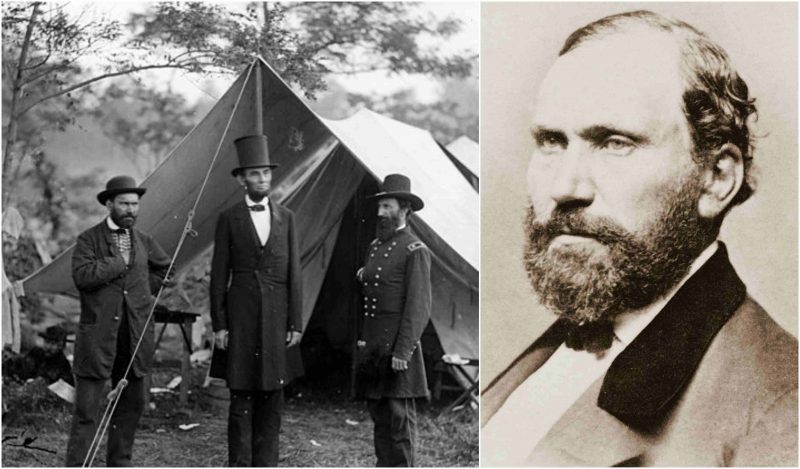Long before the emergence of FBI, when the idea of Sherlock Holmes was being conceived by Sir Arthur Conan Doyle, a Scottish immigrant businessman in Chicago was on his way to fame and immortality using his detective skills. Allan Pinkerton founded the Pinkerton National Detective Agency in the early 1850’s with a whole spectrum of operational capabilities, no different than FBI or any federal agency for that matter. The scope of influence that ‘Pinkertons’ (as they were normally referred as) exercised spanned from Old West Outlaws, train robbers all the way to intelligence operations and even the President’s security. Pinkerston also played a part as a management muscles for many employers during labour strikes. Following is a short list of little-known facts about the agency that gave rise to a whole new perspective on law enforcement.
Allan Pinkerton was an accidental Detective
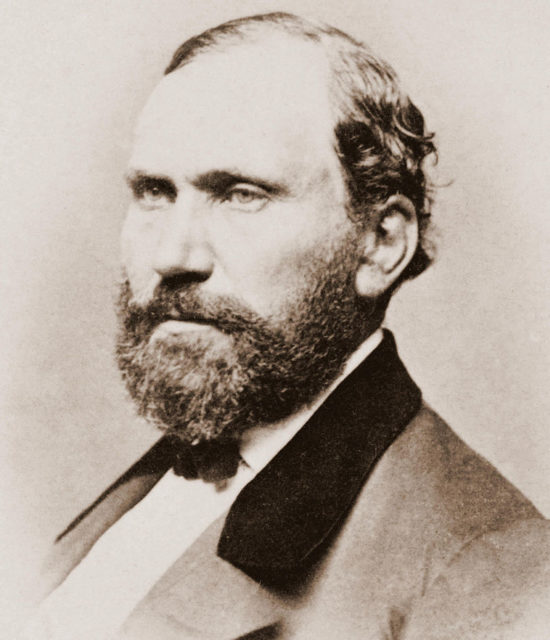
After immigrating to Chicago from Scotland in 1842, Allan Pinkerton had no motives of associating with any kind of law enforcement activity purely because he was a businessman by nature. Soon after his arrival Pinkerton started his own barrel-making factory and had a pretty decent start and made his name in the business circle for the next five years. His journey towards the ‘Pinkertons’ started when he embarked on a private mission of surveillance on a counterfeit gang operating from an island in the Fox River. The information Pinkerton gathered during his solo operation helped the local police to apprehend the culprits giving Pinkerton recognition among the law enforcement as well as the local community. Soon people started approaching him for advice on a number of crime related matters. Pinkerton soon landed a job as a small town sheriff and was later hired as Chicago’s first police detective. Around 1850’s Pinkerton materialized his vision of forming a Detective Agency to help him solve more crimes and spread his operations outside Chicago, he named the agency the ‘Pinkerton National Detective Agency’.
Inventors of Private Eye
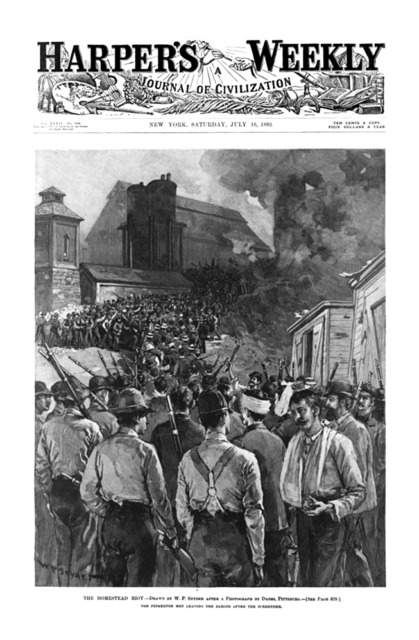
The term synonymous to detective work was actually coined by the Pinkertons which was also a logo for the agency. In the early periods of Pinkertons, the agency helped providing security to railroads and assisted law enforcement hunt down Outlaws by covertly gathering information about the miscreants’ whereabouts and their operations. With the growing influence, company adopted a logo of a large unblinking eye with an underlined slogan ‘We Never Sleep’, this gave birth to the famous detective shorthand of ‘private eye’ which is now a household term for detectives all around the world.
Pinkertons Hired Country’s first Female Detective
Despite the very limited role of the women in 19th century America, Pinkertons hired a female as a leading detective to help conduct special operations. Initially Allan Pinkerton was hesitant taking on board a woman for a job which had the potential of getting fatally injured or even killed, however the determined Kate Warne convinced Allan of a female’s critical requirement and the tasks a woman could perform much effectively then a man. Allan Pinkerton got convinced with her arguments and immediately hired her, a decision he always hailed all through his career. Kate Warne undertook a number of operations and helped gather significant volumes of information about many dangerous criminals.
The Pinkerstons may have saved Abraham Lincoln from an Assassination attempt.
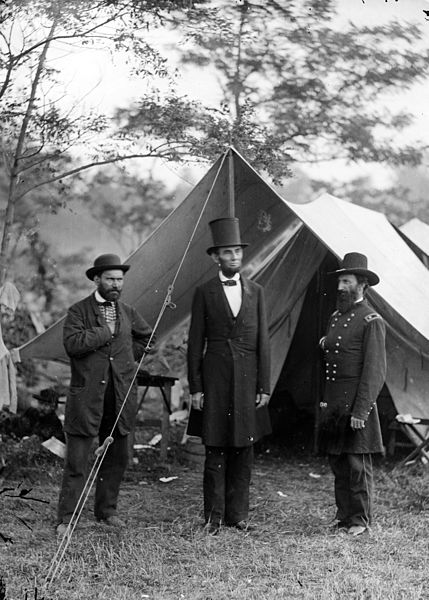
In March 1861, Allan Pinkerton was on a train journey towards Baltimore on an assignment to help the railroads securely conduct their operations. The southern sympathizers were hatching a plot to sabotage the rail construction site and Pinkertons were called to secure the parameters. However Pinkerton received a tip that a secret cabal is plotting an even bigger attempt to destabilize the nation, by assassinating Abraham Lincoln. He instantly switched trains and headed towards Baltimore to unfold the plot and alarm the president-elect of the impending assassination. Pinkerton tracked down Lincoln and informed him of the news, he then came up with a plan to disguise Lincoln as Warne’s brother and with the help of some other agents, transported Lincoln through Baltimore undetected. President-elect securely reached Washington, however his opponents and some of his party associates criticized the act as cowardly and even raised questions on the credibility of Pinkertons. To this day no one really knows who tipped Pinkertons and that who plotted against Lincoln leaving space for speculation and doubts.
Active and Critical Role in Civil War
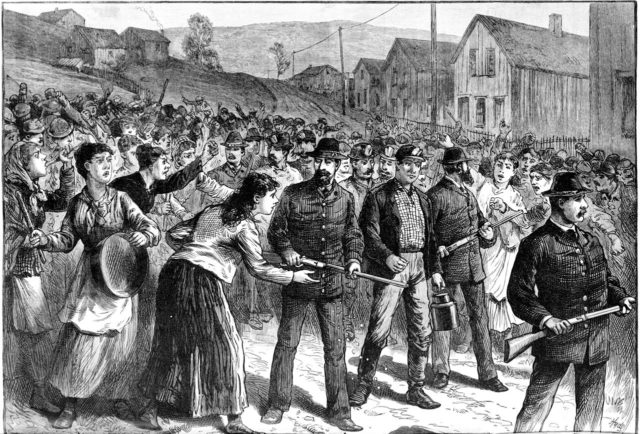
Operating under the name E.J Allen, Pinkerton helped the Unionists against the rebels by conducting a multi-faceted operation of information gathering and in some cases attempting sabotage. Teaming up with General George B. McClellan, Pinkerton formed a special intelligence force to help McClellan’s army mount surgically effective attacks. The agents were spread out throughout the nation, some operating from behind the enemy lines while others keeping an eye on the southern sympathizers in the North. A special investigative unit was assigned the duty to conduct interviews of the escaped slaves to formulate an informed understanding of the confederacy. Pinkertons were not on the dot all the time; a misinformation from the agents in the south halted an assault from the Union by suggesting that the confederate troops were twice as much as McClellan had thought. The information turned out to be a mistake and a McClellan was deprived of a certain victory over confederates in Richmond.
